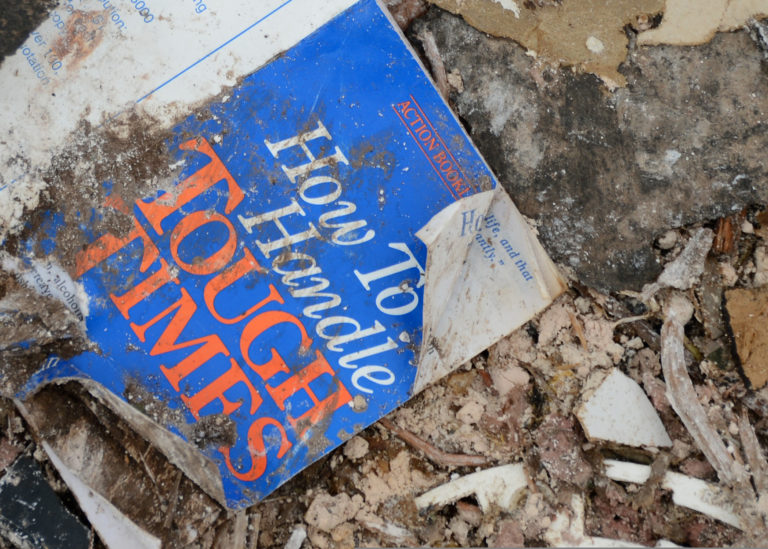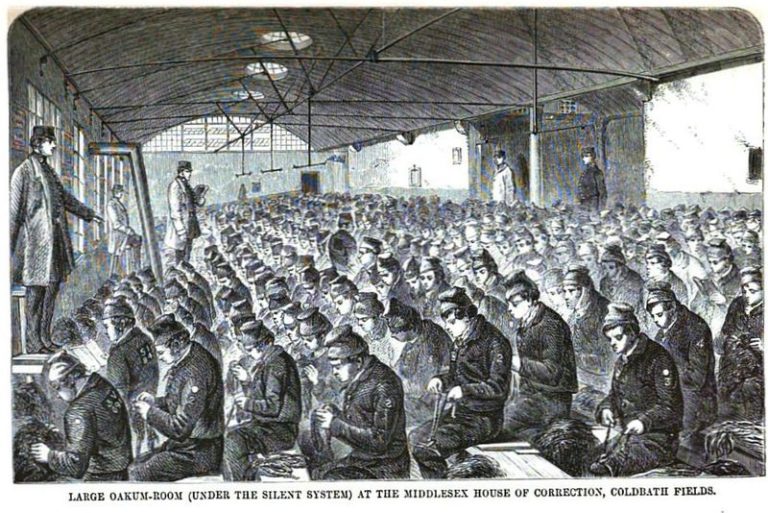
Update Your China Employee Handbook NOW
Since the beginning of the COVID-19 outbreak, China has released and updated countless national and local employment laws to deal with rapidly changing circumstances. In the United States and the EU, best practices usually dictate that you update your company’s employee handbook at least once a year and even more often if there have been


















